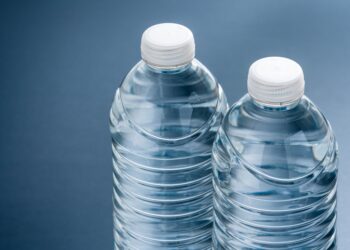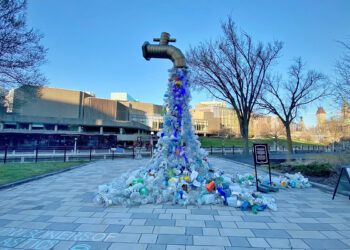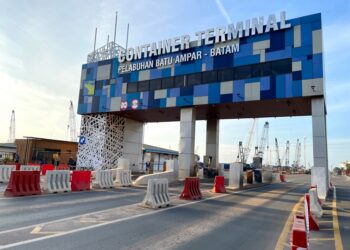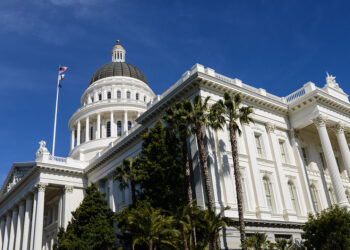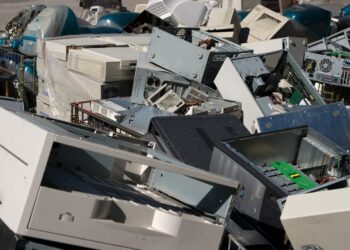The Malaysian government inspected more than 300 shipping containers and found that about one-third contained e-scrap illegally imported from the U.S., officials said during a June 26 press conference in Klang, Malaysia.
Officials said they detained 301 of 453 intermodal containers that exports watchdog Basel Action Network had identified to them. Of these, 106 contained e-scrap the customs authority determined was illegal to import, and Environment Minister Nik Nazmi Nik Ahmad said 200 more containers remained to be inspected.
BAN, which administers the e-Stewards certification standard, has been raising awareness about international shipments of e-scrap and e-plastics for some time. The organization has even revoked e-Stewards certification for companies that are found to export e-scrap materials.
In January 2025, e-scrap shipments from the U.S. to most foreign countries could drop dramatically upon implementation of an amendment to the Basel Convention, the global agreement regulating movement of end-of-life materials. The U.S. is not party to the Convention, but the Convention bans party-countries from importing regulated waste from non-party countries, suggesting party countries will avoid receiving loads from the U.S..
BAN Executive Director Jim Puckett said in a press release the group would work to see that the U.S. government takes the containers back and the exporters are held accountable. Although U.S. exporters are not bound by Basel regulations, in the U.S. the Department of Justice has previously brought federal charges, including fraud, against exporters depending on the circumstances. If an e-scrap company misrepresents to customers how collected material will be handled, that could constitute fraud, for example.
“The task of prosecuting the U.S. exporters is an important one, but difficult due to the fact that the U.S. is one of the very few countries in the world that has not ratified the Basel Convention,” the press release noted, adding that “nevertheless, BAN has been able to seek justice by working with the U.S. Department of Justice to charge U.S. recyclers that were trafficking e-wastes with fraud and other crimes.”
Mageswari Sangaralingam, secretary of Sahabat Alam Malaysia, said in BAN’s press release that “Malaysia is increasingly becoming a dumping ground for plastic and electronic wastes from rich countries like the U.S.”
“We applaud our enforcement agencies for working with NGOs nationally and internationally to end waste trafficking, and urge them to be vigilant against possible corruption,” Sangaralingam added. “The containers must not only be sent back but all companies and individuals trafficking or enabling illegal e-waste and plastic waste must be held accountable.”














